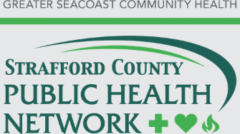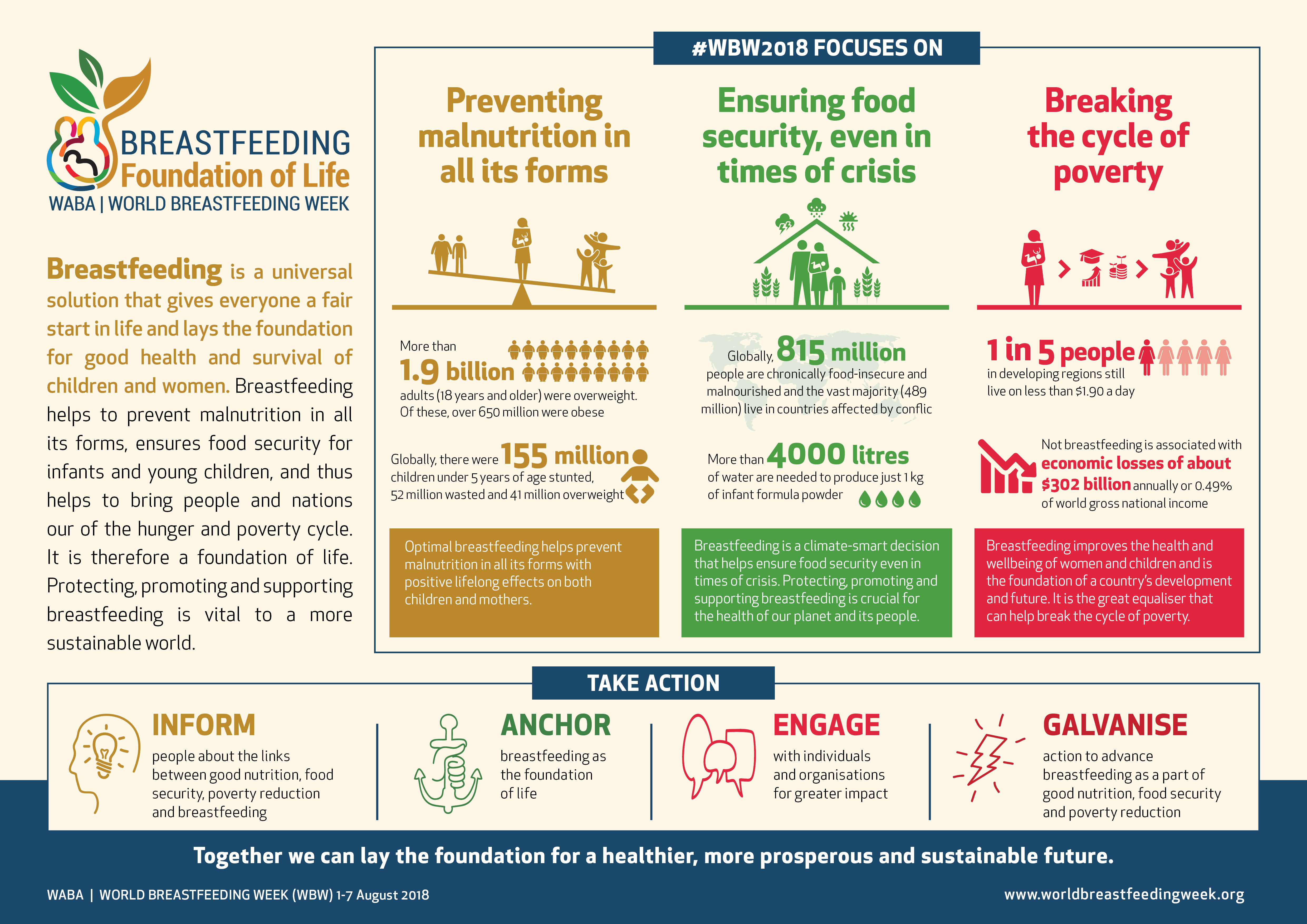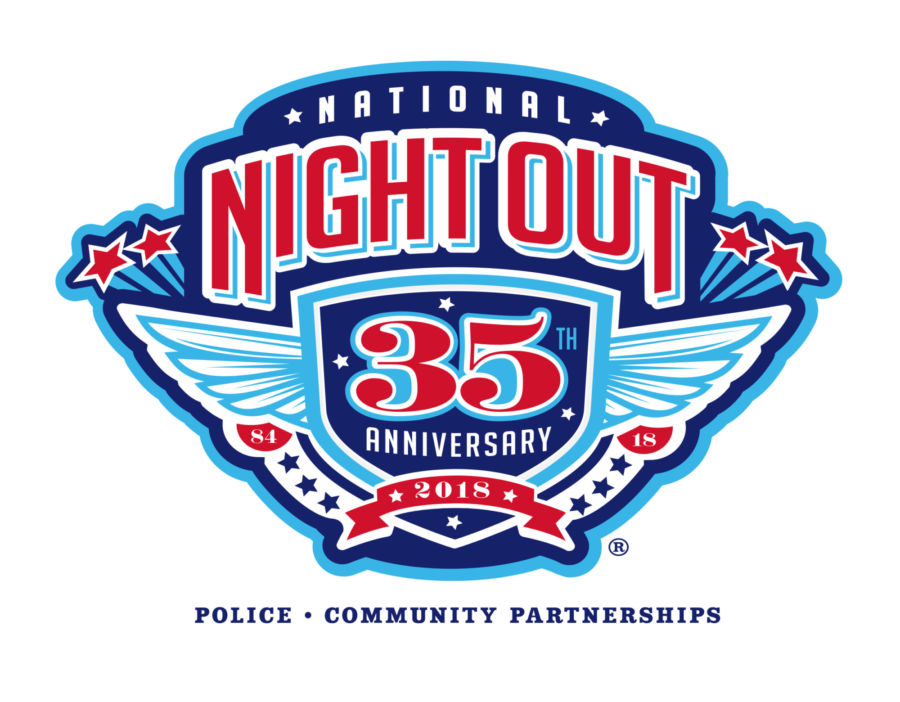Do I Still Need To Wear A Mask? NH Health Experts Answer Your COVID Vaccine FAQs
By: Karen Dandurant
Published in Seacoast Online on 5/11/2021
Read the full article on Seacoast Online
Why Should I Get The Vaccine?
When you are fully vaccinated, you are protected from getting very sick or dying from COVID-19. Another benefit is that when you are fully vaccinated, you don’t have to quarantine if you come into contact with someone who is infected with COVID-19.
Get the vaccine to protect yourself, your co-workers, your family, and your community.
Vaccination protects you from acquiring COVID-19 infection and from becoming severely ill if you do develop COVID-19 infection. It protects those around you who cannot be vaccinated (children, those with allergic reactions, etc.) at this time. It protects those around you who could become severely ill or die from COVID-19 infection due to underlying medical conditions. It protects the health care system from overload and helps prevent the economy from further damage due to the pandemic.
Your altruistic decision could save your life, the life of someone you love, or a complete stranger who is loved by others. It is normal to feel uneasy or unsure about getting a new vaccine. But the benefits of getting the COVID-19 vaccine and helping to end the pandemic far outweigh the risks.
Can The CDC Mandate That I Get A COVID-19 Vaccine?
No. The federal government does not require vaccination for people. Also, CDC does not maintain or monitor a person’s vaccination record.
What Does It Mean To Be Fully Vaccinated?
A person is fully vaccinated two weeks after their second Pfizer or Moderna shot, or two weeks after their single Johnson & Johnson shot. A person is not fully vaccinated if they only got one Pfizer or Moderna shot.
Should I Feel Safe With Vaccinations For Children 12 To 15, Or Younger?
Scientists studied COVID-19 vaccines in children specifically to see if they were safe and if they worked in that age group. Vaccines only get approved if clinical trials show that they are safe and effective. The safety and efficacy has been extensively tested in this age group with tens of thousands of study volunteers, and is also predicated on the millions of adult doses already safely administered.
The studies suggest very good efficacy and robust antibody responses in those 12-15 years of age and doctors say they feel confident in the FDA review process and in the transparency in the data.
How Sick Will I Get With The Second Shot Of Pfizer Or Moderna?
Different people react differently to COVID-19 vaccines, and side effects are a normal part of getting vaccinated. Most people will get a sore arm or feel a little bit tired. Some people will get a fever, chills, a headache, or muscle aches, but side effects go away within a day or so. Some people get no side effects at all. It’s a good idea to drink lots of water and rest the day after your second shot.
The recipient’s reaction to the vaccine comes as the body mounts its immune response and learns how to respond to the actual disease. All of these varied responses are normal and mean that your body is building protection. The second shot may cause a more robust response, because the body has started developing the antibodies to fight it.
More than 250 million doses of COVID-19 vaccines have been given to close to 150 million Americans, with that number increasing every day. The rate of serious side effects has been reported as less than 0.005 percent (fewer than 5 out of 100,000), and anaphylaxis specifically has been reported in less than 0.0005 percent (fewer than 5 out of 1 million).
If I Am Vaccinated; Do I Still Need To Wear A Mask?
All people should wear a mask when they are indoors in public, like at the grocery store, at work, or at the gym. When you are fully vaccinated, you don’t have to wear a mask when you are visiting with other fully vaccinated people or if you’re dining outdoors.
The vaccines are not 100% effective and vaccinated individuals have developed COVID-19. Although unlikely, some vaccinated individuals could develop infection, and although their individual symptoms would be mild or non-existent, transmission to another is possible.
Fully vaccinated people can visit with other fully vaccinated people indoors without wearing masks or physical distancing, visit with unvaccinated people (including children) from a single household who are at low risk for severe COVID-19 disease indoors without wearing masks or physical distancing, participate in outdoor activities and recreation without a mask, except in certain crowded settings and venues, walk, run, or bike outdoors with members of your household without a mask, resume domestic travel and refrain from testing before or after travel or self-quarantine after travel, refrain from testing before leaving the United States for international travel (unless required by the destination) and refrain from self-quarantine after arriving back in the United States, refrain from testing or quarantine following a known exposure, if asymptomatic, with some exceptions for specific settings.
If We Do Not Reach Herd Immunity, Will This Virus Just Keep Coming Back?
People who are unvaccinated can get infected with COVID-19 , so it is important to get as many people vaccinated as possible. If more people are protected in a population, the COVID-19 virus will have less chance to mutate into a variant while infecting someone. Even if the virus never goes away, we are safer when more people are vaccinated.
If we do not reach herd immunity, the virus will never really leave.
New variants emerge that could potentially make vaccines less effective. If more virus is circulating, due to insufficient vaccination rates, then new strains can emerge leading to additional waves of this pandemic.
Does The Shot Hurt?
Shots can hurt a little bit, but they are over quickly. Injection site pain is common with COVID-19 vaccination but generally does not last more than a day or two. Doctors equated it to the flu shot.
Are Cases Reaching A Positive Tipping Point?
Cases in New Hampshire and in the United States continue to decline. However, we might see “hot spots” of cases, where there is an increase in infections in one place. It’s important for everyone to keep doing normal prevention measures, like wearing a mask in public and getting fully vaccinated.
“No one is safe until everyone is safe.” This applies to our collective vulnerability, locally and globally. COVID-19 cases continue to rise globally. The future trend will likely depend heavily on vaccine rollout in many countries.
I Have Been Vaccinated. Can I Safely Go Out To A Restaurant Or A Bar, And Eat And Drink Inside?
We are waiting for more evidence to say that it is safe for vaccinated people to eat indoors or visit a bar without wearing masks. Both vaccinated and unvaccinated people should wear masks when they are indoors in public. Dining outside is a great way for everyone to support the local community while staying safe.
One should check to see if the restaurant is following recommended guidelines such as requiring a mask be worn by customers and staff; social distancing of 6 feet is maintained, tables are spaced 6 feet apart. Keep in mind that masks may reduce the risk of COVID-19 spread when they are consistently used by customers. There is no zero-risk scenario.
Is There Anything I Should/Should Not Do Before Or After The Vaccine?
Don’t take any pain relievers (Tylenol, Advil, etc.) before your shot. It’s OK to take pain relievers after your shot. Drink lots of water after your shot and plan some time to rest. Some experts say to avoid alcohol for 2 to 3 days, because heavy alcohol consumption can make the immune system react less strongly and make side effects feel worse.
Wait at least 14 days after your COVID-19 vaccine before getting any other vaccine, including a flu or shingles vaccine. Or if you have recently received any other vaccine first, wait at least 14 days before getting your COVID-19 vaccine.
Is It Safe To Travel?
It is safer for vaccinated people to travel, and it is safer to travel inside the country than internationally. It’s also safer to travel in a private car than on public transit. Because not everyone in the country is vaccinated, mass travel is discouraged.
If you are going to travel, take precautions. Wear a mask while travelling, especially on public transit like buses or airplanes. When you are on a plane, you should keep your mask on all the time, and you should limit eating and drinking. Follow recommendations about social distancing.
CDC recommends delaying travel until you are able to get fully vaccinated. International travel poses additional risks due to possible viral variants. It is important to check the restrictions and requirements regarding COVID-19 testing and quarantine for your destination and your place of return before you travel.


